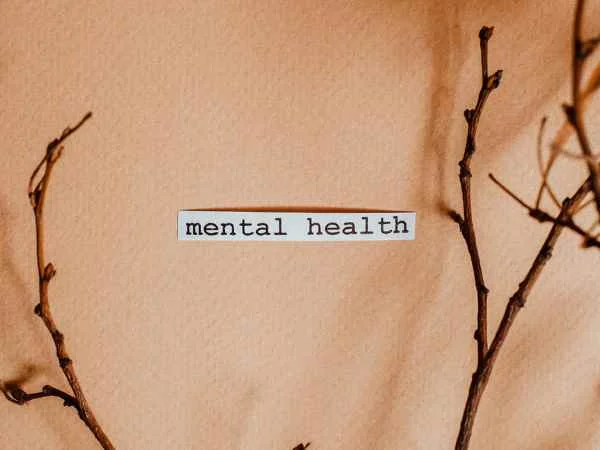In recent years, the prevalence of mental health issues has surged, capturing the attention of healthcare professionals, researchers, and the general public. Several factors contribute to this increase, ranging from technological advancements and the COVID-19 pandemic to various aspects of modern life. Understanding these contributing elements is crucial in developing effective strategies to promote mental well-being.
The Surge in Mental Health Issues
1. Social Media Usage
Social media has revolutionised communication, providing instant connectivity and a platform for self-expression. However, its impact on mental health is a double-edged sword. Studies have linked excessive social media use to increased levels of anxiety, depression, and loneliness. The constant comparison with curated images of others’ lives can lead to feelings of inadequacy and low self-esteem. Additionally, cyberbullying and the pressure to maintain an online persona can exacerbate stress and anxiety.
2. The COVID-19 Pandemic
The COVID-19 pandemic has profoundly impacted global mental health. Lockdowns, social distancing, and the uncertainty surrounding the virus have led to a rise in anxiety, depression, and stress-related disorders. The pandemic disrupted routines, isolated individuals from their social support networks, and caused economic instability, all contributing to a deteriorating mental health landscape. Healthcare workers and those directly affected by the virus have been particularly vulnerable to psychological distress.
3. Modern Lifestyle Pressures
The demands of modern life, including high-stress jobs, economic pressures, and the fast-paced nature of society, can take a toll on mental health. The constant need to achieve and perform can lead to burnout, anxiety, and depression. Furthermore, the reduction in physical activity and outdoor time, coupled with increased screen time, can negatively affect both mental and physical health.
Simple Adjustments for Improved Mental Well-being
While the rise in mental health issues is concerning, there are several ways individuals can adjust their lifestyles to foster better mental well-being:
1. Limit Social Media Use
Setting boundaries on social media use can help reduce its negative impact. Designating specific times for checking social media, unfollowing accounts that induce stress or envy, and engaging more in face-to-face interactions can significantly improve mental health.
2. Prioritise Physical Activity
Regular physical activity is a powerful tool for combating anxiety and depression. Exercise releases endorphins, the body’s natural mood lifters, and helps reduce stress. Incorporating activities like walking, jogging, yoga, or any form of physical exercise into daily routines can enhance mental well-being.
3. Practice Mindfulness and Meditation
Mindfulness and meditation practices help in managing stress and anxiety by promoting relaxation and enhancing self-awareness. These practices can be as simple as taking a few minutes each day to focus on breathing or using guided meditation apps to develop a regular practice.
4. Maintain a Healthy Work-Life Balance
Striking a balance between work and personal life is essential for mental health. Setting clear boundaries, taking regular breaks, and ensuring time for hobbies and relaxation can prevent burnout and promote a healthier mental state.
5. Seek Social Support
Building and maintaining strong social connections can provide emotional support and alleviate feelings of loneliness. Spending quality time with family and friends, joining support groups, or participating in community activities can strengthen social bonds and improve mental health.
6. Professional Help
Seeking professional help when needed is crucial. Therapists, counselors, and support groups can provide the necessary tools and guidance to navigate mental health challenges. Although modern lifestyles and the use of technology may be a contributory factor to some mental health issues, conversely, this very same technology has also increased the options for accessing home mental health care too. Early intervention can prevent issues from becoming more severe and improve overall outcomes.
Conclusion
The rise in mental health issues is a complex phenomenon influenced by various modern life aspects, including social media usage, the COVID-19 pandemic, and lifestyle pressures. By understanding these contributing factors and adopting simple, practical strategies, individuals can improve their mental well-being. Prioritising mental health through mindful practices, physical activity, social support, and professional help when necessary can lead to a healthier, more balanced life. As society continues to evolve, it is imperative to remain vigilant about mental health and take proactive steps to foster resilience and well-being.

